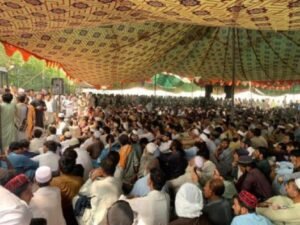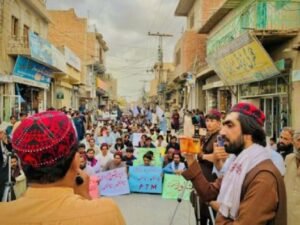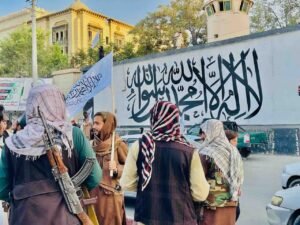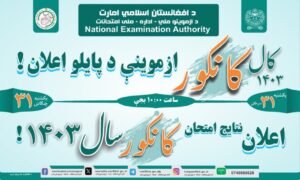Sargodha Incident Highlights Ongoing Persecution of Religious Minorities in Pakistan
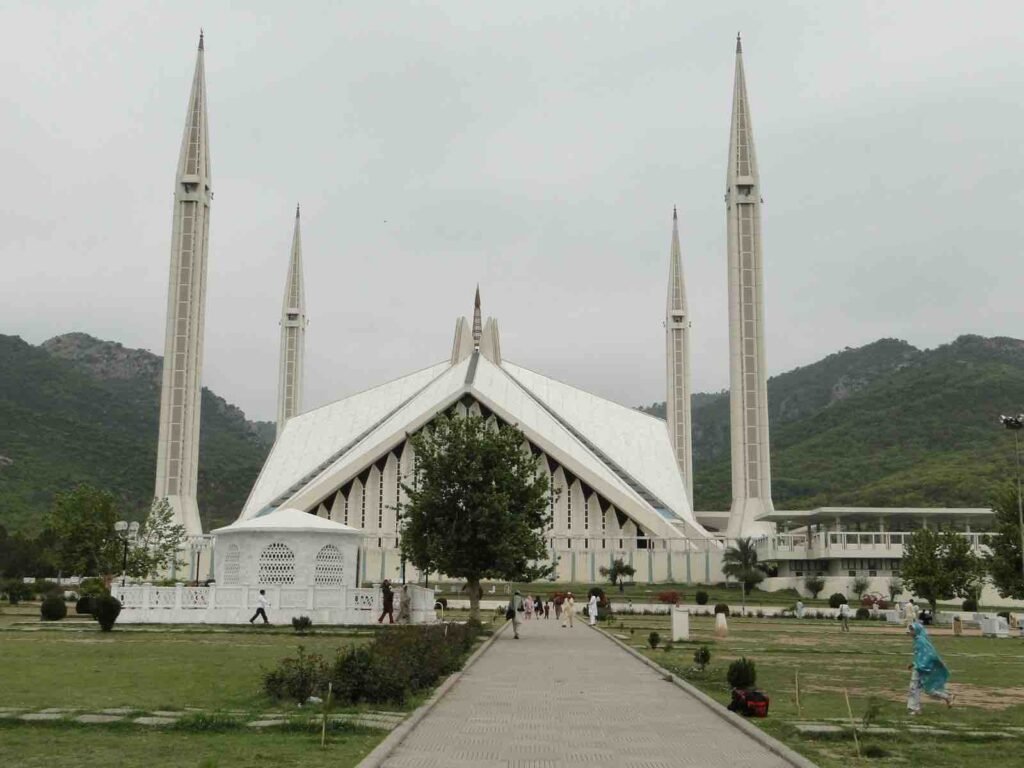
Faisal Mosque, Islamabad
By Kadeem Baloch
On May 25, 2024, a violent incident in Sargodha, located in Pakistan’s Punjab province, underscored the persistent religious tensions in the region. Hundreds of Muslims launched an assault on a Christian community following allegations of blasphemy, leaving several individuals injured and exacerbating fears among religious minorities.
The conflict erupted when an elderly Christian man, aged 70, was accused of desecrating the Quran. Eyewitnesses and minority rights advocates reported that the enraged mob targeted the man’s residence and his small shoemaking factory, ransacking and setting them ablaze. The elderly man suffered severe beatings during the attack, according to his relatives. Police intervened in time to rescue at least ten Christians from the mob, although these individuals sustained injuries and required medical treatment at a local hospital. Additionally, ten security personnel were injured while attempting to disperse the violent crowd.
Authorities announced the arrest of 20 suspects linked to the attack and stated that an investigation into the blasphemy allegations was underway. To mitigate the escalating tensions, additional police units were deployed around the Christian settlement.
This incident is part of a troubling pattern of mob violence against religious minorities in Pakistan. In August 2023, a similar episode occurred in Jaranwala, another district in Punjab. There, thousands of people attacked and burned 21 churches and damaged over 90 properties belonging to Christians after two Christian brothers were accused of desecrating the Quran. The violence forced many Christian families to flee their homes, and over 250 individuals, including the three Christians accused of blasphemy, were subsequently arrested by the police.
Blasphemy remains a highly contentious issue in Pakistan. Mere accusations can incite deadly mob lynchings, sometimes even while the accused are in police custody. The country’s blasphemy laws, which prescribe the death penalty for insulting the Quran or Islamic beliefs, are often exploited to settle personal disputes.
The U.S. State Department’s annual report on human rights practices in Pakistan highlighted significant issues, including unlawful or arbitrary killings, extrajudicial executions, enforced disappearances, harsh prison conditions, arbitrary detention, and political repression. While most individuals imprisoned for blasphemy in Pakistan are Muslim, religious minorities suffer disproportionately. The report noted that lower courts often fail to uphold basic evidentiary standards in blasphemy cases, influenced by fears of retaliation from religious groups. As a result, many convicted individuals spend years in jail before higher courts overturn their convictions or order their release.
Additionally, the report highlighted unlawful civilian deaths, enforced disappearances, severe restrictions on freedom of expression and media, including violence against journalists, unjustified arrests and disappearances of media personnel, severe restrictions on internet freedom, restrictions on religious freedom, substantial government corruption, constraints on human rights organizations, and violence or threats against religious, racial, and ethnic minorities in Pakistan.
The incident in Sargodha serves as a stark reminder of the precarious situation faced by religious minorities in Pakistan, where allegations or rumors of blasphemy can swiftly escalate into violent and deadly confrontations.
The author chooses a pseudonym. Kadeem Baloch is a freelance journalist based in Pakistan.
Note: The contents of the article are of sole responsibility of the author. Afghan Diaspora Network will not be responsible for any inaccurate or incorrect statement in the articles.

